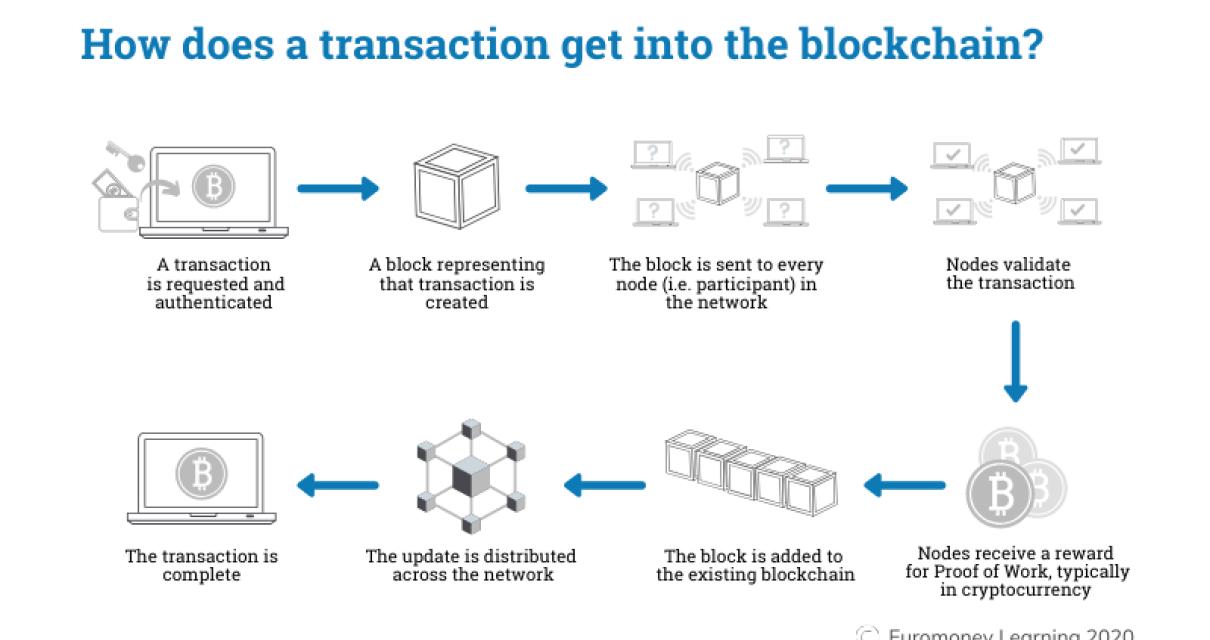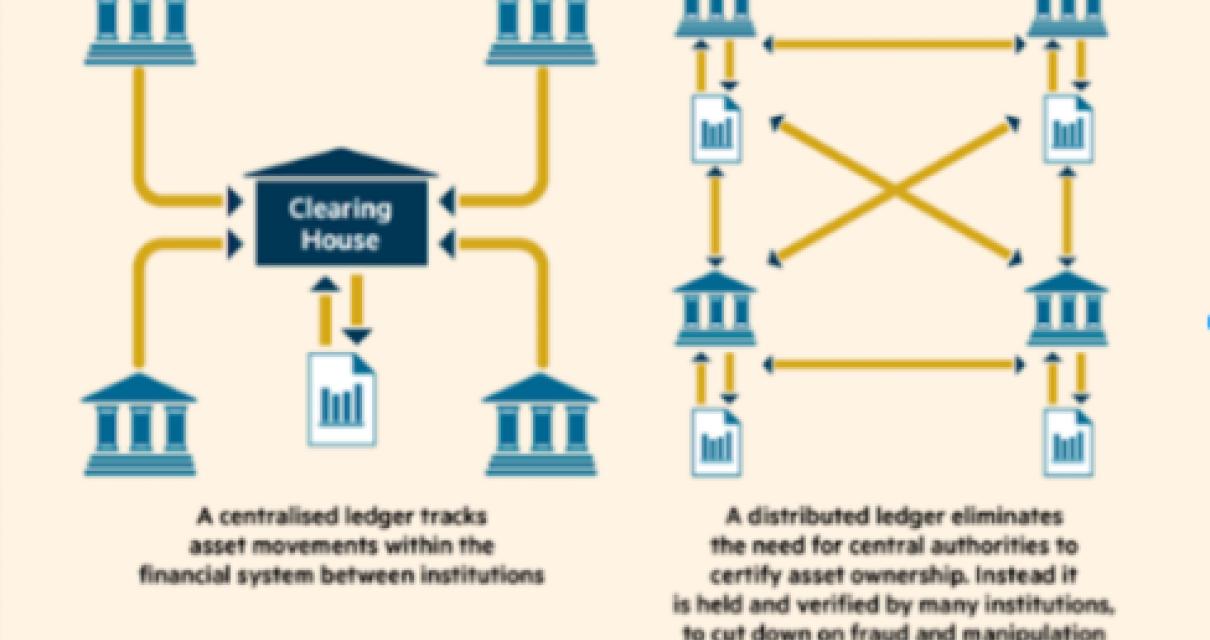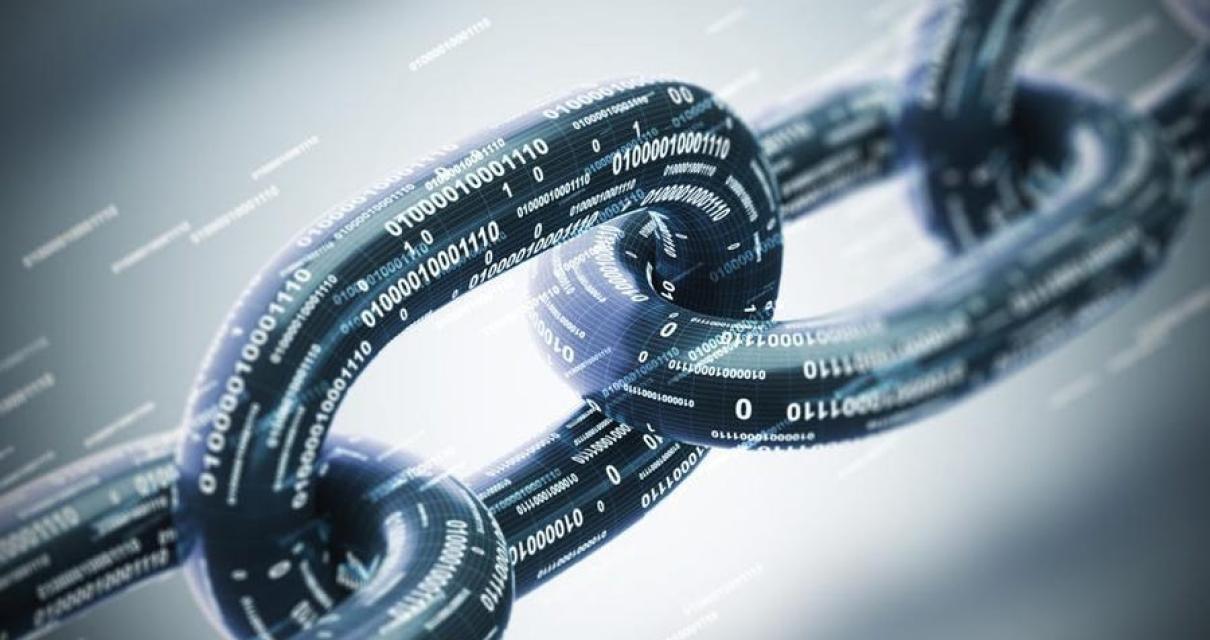What is blockchain and how can it benefit businesses?
A blockchain is a distributed database that allows for secure, transparent and tamper-proof transactions. It is often described as a digital ledger of all cryptocurrency transactions.
The benefits of using blockchain for businesses include:
1. Transparency: Transactions on a blockchain are transparent and easy to track. This makes it easier for businesses to ensure that their transactions are legitimate and accurate.
2. Security: Blockchain technology is highly secure, making it an ideal platform for conducting transactions involving sensitive information.
3. Efficiency: Because blockchain is a distributed system, it can be more efficient than traditional systems when it comes to processing transactions.
4. Cost savings: Blockchain technology can save businesses money on costs associated with traditional transactions, such as fees and commissions.
5. Reduced risk: By using a blockchain, businesses can reduce the risk of fraud and other criminal activity.
How can blockchain help streamline supply chains?
Blockchain can help streamline supply chains by providing a secure and tamper-proof record of transactions. This can help ensure that products are delivered on time, and that suppliers are being paid correctly. It can also help prevent fraud and counterfeiting, which can damage companies' reputation and undermine their competitiveness.

How can blockchain be used to create more efficient and secure data management?
Blockchain can be used to create more efficient and secure data management by allowing people to share data without having to trust each other. This is done by creating a digital ledger of all the changes that have been made to the data. This ledger is then distributed across a network of computers, so that everyone can see it. This makes it impossible for anyone to change the data without everyone knowing about it, which makes it much more secure.

What are the benefits of using blockchain for healthcare data management?
There are many benefits of using blockchain for healthcare data management. Blockchain is a secure and transparent platform that can help to manage data with integrity and ensure privacy. It can also help to reduce the costs of data management, as it provides a secure and efficient way to store and share information. Additionally, blockchain can help to ensure that data is sourced from reliable sources, which can help to improve accuracy and ensure the quality of information.

Can blockchain help to reduce fraudulent activities?
There is no one answer to this question as blockchain can have a number of different effects on fraudulent activities. For example, blockchain could help to reduce the amount of fraud that takes place by tracking the history of transactions and identifying repeated patterns of fraudulent behavior. Additionally, blockchain could help to create a more efficient and secure system for verifying and tracking the ownership of assets, which could help to reduce the incidence of fraud.
How can blockchain be used to create more transparent and accountable government systems?
Blockchain can be used to create more transparent and accountable government systems by ensuring that all transactions are recorded and stored in a public ledger. This would allow for easy verification of the details of any transactions, and would make it difficult for anyone to tamper with the records. Additionally, blockchain could be used to create a system of voting that is transparent and verifiable. This would allow voters to know exactly how their votes were cast, and would ensure that elected officials are accountable to their constituents.
What are the benefits of using blockchain technology for education?
There are many potential benefits of using blockchain technology for education. These potential benefits include:
- Reduced costs: Blockchain technology can reduce the costs of administering and tracking student records, which can lead to savings for schools.
- Increased transparency: Blockchain technology can provide increased transparency and security when it comes to student records, which can help ensure that information is accurate and secure.
- Increased accountability: Blockchain technology can help to ensure that schools are held accountable for their actions, which can lead to improved quality of education.
- Increased efficiency: Blockchain technology can help to increase the efficiency of student registration and enrollment processes, which can lead to savings for schools.
Can blockchain be used to help protect the environment?
Blockchain can be used to help protect the environment by tracking and recording environmental data. The data can then be used to create a database of environmental information that can be accessed by various stakeholders. This database can help identify and track environmental trends and make sure that the resources that are being used are sustainable.
What are the potential risks associated with blockchain technology?
There are a number of potential risks associated with blockchain technology, including privacy concerns and the potential for fraud. Additionally, blockchain technology is still in its early stages and may not be fully adopted by all businesses. There is also the risk that blockchain technology may not be scalable or secure enough to support large-scale transactions.